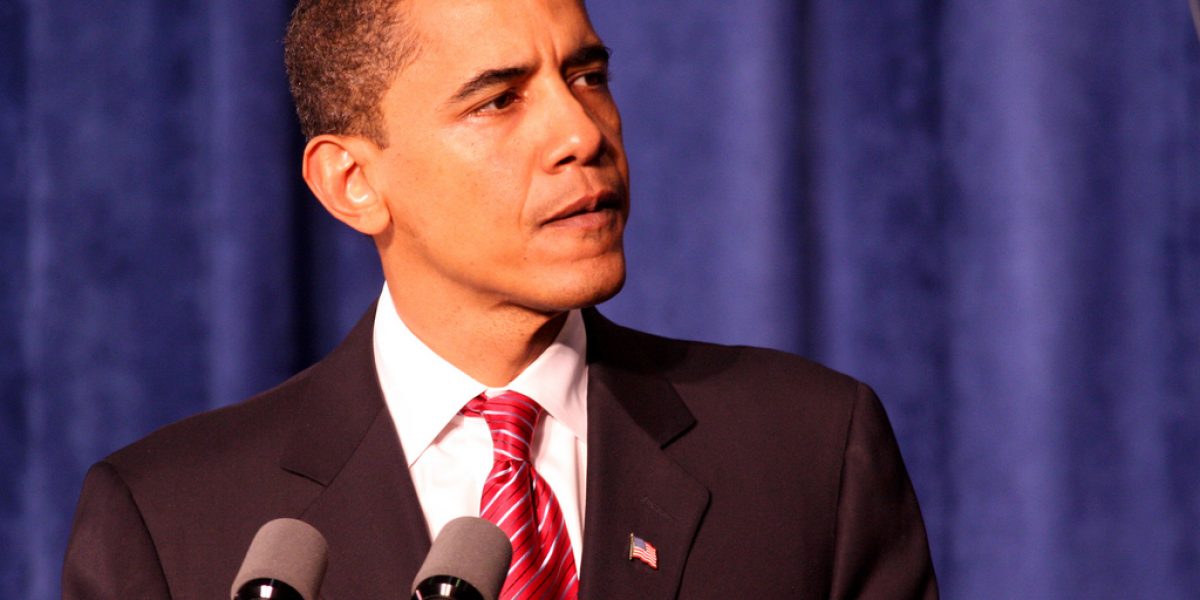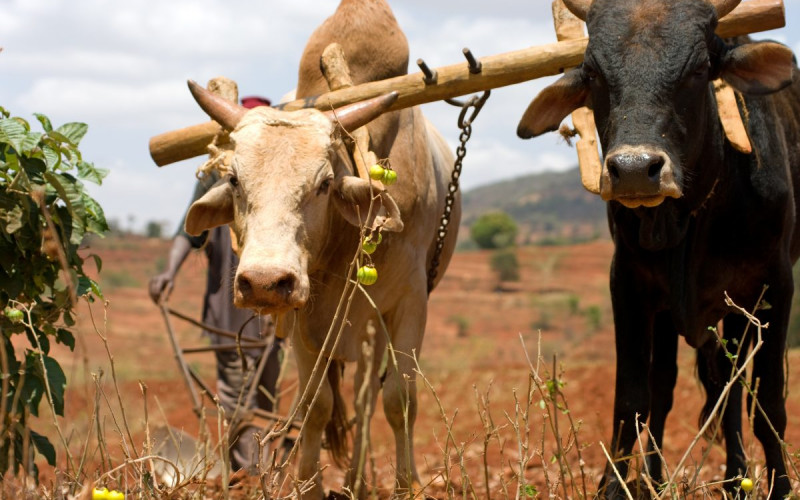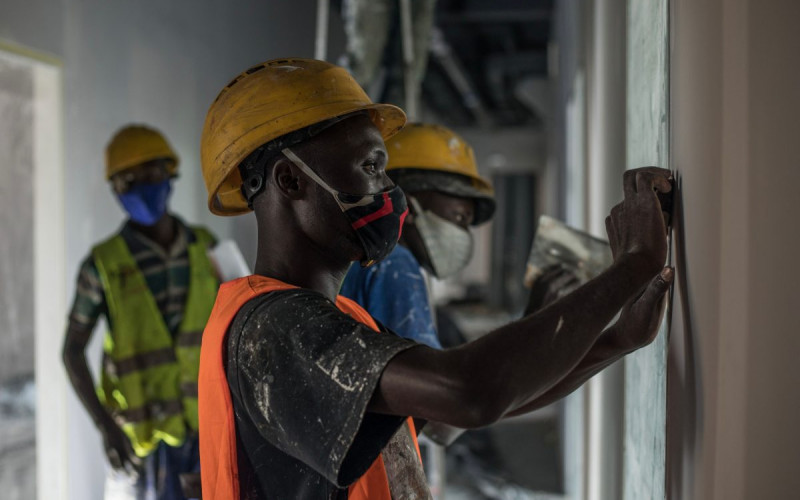Obama is a gifted orator. Take these words, for instance: “To the people of poor nations, we pledge to work alongside you to make your farms flourish and let clean waters flow; to nourish starved bodies and feed hungry minds.” These words allude crisply to a spectrum of important issues facing Africa: infrastructure; skills and education; and economics, especially agriculture. They also suggest that America can “help”.
Infrastructure, making “clean waters flow”, is a central to economic take-off. Transport systems, communications networks, reliable water and electricity supplies undergird successful economies. Infrastructure is the key theme of the 12th African Union Summit that kicked off on 28 January in Addis Ababa, Ethiopia. In terms of infrastructure, Africa is deficient. It does not possess many of the assets, and that those it has are often neglected and function poorly. The World Bank notes convincing evidence that with good infrastructure African countries could compete with India and China. Indirect costs in African products can amount to as much as a third of their total price.
The problem is one of resources, but also priorities. Dimeji Bankole, a Nigerian politician, last year decried his country’s tendency to allow existing infrastructure to decay while constantly installing new assets – a “wasteful attitude of replacement instead of a maintenance culture”. This probably has its roots in populist politics. New infrastructure suggests government is working. Maintenance is unglamorous, and frequently ignored.
Foreign “help” has clear limits. Outsiders can certainly provide funds. Much has been made of recent Chinese support for Africa’s infrastructural development, for example (although the economic downturn is causing some firms to pull out). Whether these can be maintained by the host country is an open question.
Skills, the outcome of “feeding hungry minds”, are another developmental fulcrum. Companies with large investments in Africa currently need to import – at premiums – skilled employees. Africa’s education systems are not producing the graduates (the doctors, engineers, artisans and managers) that will carry the continent to prosperity – and not least maintain its infrastructure. Many African bureaucracies lack staff with the skills to manage large organisations and implement policy. Such bureaucracies employ people, often, for patronage purposes, rather than for governance.
Helpers cannot easily change the dynamics that cripple Africa’s skills base, such as the withdrawal of children from school to help poor families; the governance choices that melted down Zimbabwe’s economy and its once respected school system; the lack of incentives for Africa’s skilled people to remain on the continent.
Robert Calderisi, a former World Bank official and aid cynic, advocates a radical programme. He calls for the international supervision of Africa’s education systems – recruiting heavily from the diaspora – to enforce efficiency and quality, tied to measures to encourage access (compensating families directly for the lost labour of their children, for example). An intriguing idea, perhaps, but it would never be accepted by African states which jealously guard their sovereignty.
“Help” in dysfunctional environments can be futile, especially when channelled through barely functioning states. This was seen in the 1980s in countries like Zambia. Aid may even make things worse, by providing a ready stream of funding that allows them temporarily to continually patch up problems.
But “help” is part of the solution – under appropriate conditions. Calderisi argues that some countries (such as Ghana, Tanzania and Mozambique) have made sufficient progress and should receive aid more generously and flexibly. Governments that are incompetent or indifferent should receive none, or receive it under stringent conditions. As political systems open up and governments demonstrate the willingness and ability to use the assistance, they could be granted increasing flexibility.
Obama’s third issue, making “farms flourish” – viable economies and particularly encouraging agriculture – is a little different. Agriculture is an area where African producers would be competitive: but their competitiveness is stymied through hefty subsidies paid to their counterparts in developed countries. The abolition of subsidies would give Africa a greater boost than any likely aid increase. It’s something the helpers could do.
But Obama, like any elected statesmen, must answer to a domestic constituency – Americans, including farmers. Putting domestic farmers out of business, especially in an economic downturn, will not play well at home, whatever its effects on Africa
Obama is probably quite sincere. But Africa has had numerous friends who wanted or tried to help – Willy Brandt, Tony Blair, and George Bush (who dramatically increased US aid to Africa) – and yet the effects have been ambiguous. If the next few years are going to be an historical moment for Africa, it will be because the continent recognised that its fate was significantly in its own hands, and because its helpers made tough and unpopular choices at home. Only then will the help make much difference.








